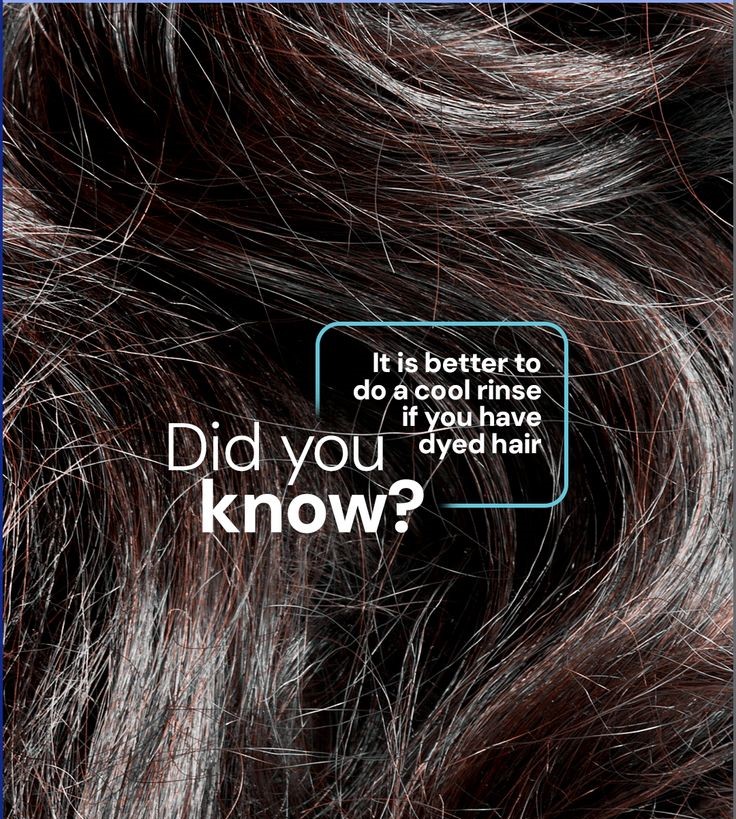Restore Your Natural Scalp Health: Understanding the Root Causes Hair has long been considered a symbol of beauty and vitality. A healthy, thick mane is often associated with youthfulness, well-being, and even confidence. However, in recent years, many individuals have experienced a decline in hair quality. From thinning hair and split ends to excessive dryness and premature graying, the quality of hair seems to be diminishing for many people. But what exactly is causing this shift? While genetics play a role in hair health, various other factors contribute to the deterioration of hair quality. In this blog, we’ll explore the primary causes behind the declining hair quality and offer insights into how you can protect and restore your hair.

Environmental Factors: Pollution and UV Radiation In today’s world, environmental pollution has reached new heights, and unfortunately, it’s not just our skin that suffers the consequences. The particles in the air, such as dust, smoke, and heavy metals, can settle on your scalp and hair, clogging hair follicles and disrupting the natural hair growth process. This can lead to hair loss, premature graying, and an overall dull appearance.
Dietary Deciencies The food we eat plays a crucial role in the health of our hair. A poor diet, especially one lacking essential vitamins and minerals, can lead to thinning, weak hair, and other scalp issues. Nutrients like biotin, zinc, vitamin D, iron, and omega-3 fatty acids are essential for hair growth and health. A lack of these can affect the hair follicles, slowing down the growth process and leading to hair that is brittle, dry, and prone to breakage.
Excessive Hair Styling and Chemical Treatments In recent years, the use of styling tools and chemical treatments has increased dramatically. From straighteners and curling irons to hair dyes and perms, these treatments can severely damage the hair’s natural texture and strength. Heat styling, especially when done frequently, strips the hair of its natural moisture, making it dry, brittle, and more prone to split ends.
Stress and Mental Health Issues Mental health has a signicant impact on physical health, and one of the most visible signs of stress is hair loss. High-stress levels can trigger conditions like telogen efuvium, which causes hair to enter the shedding phase prematurely. Stress hormones, particularly cortisol, can disrupt the hair growth cycle, leading to thinning and hair loss.



